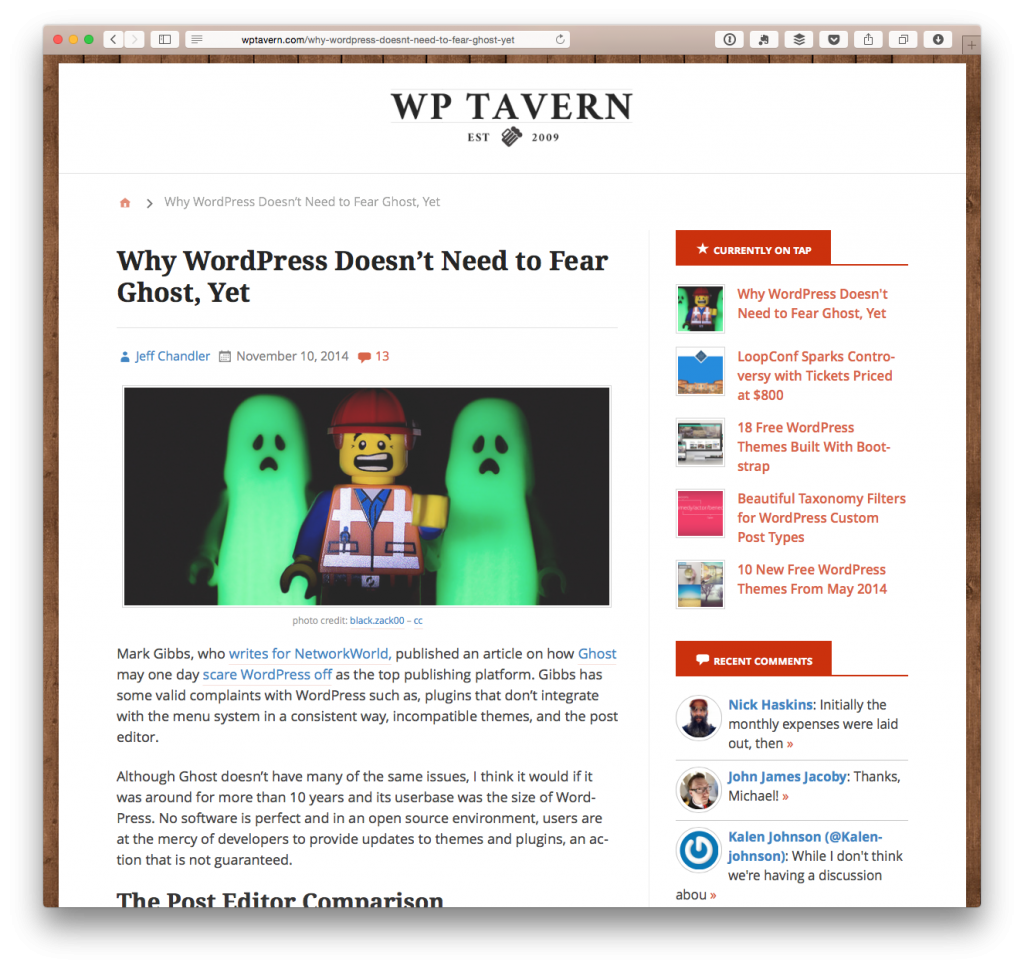Although I still stand by the idea that we all have the ability to decide how complex or how simple we create our themes, I do think that there’s something to be said for identifying the core problem a given theme is trying to solve.
That is to say, is a given theme trying to:
- Target landing pages for a certain type of niche business?
- Create a reading experience that looks ideal on mobile devices?
- Serve as a tumblr-esque type of blog?
- Meant to serve as an online journal for, say, photos or music or videos or something similar?
- …and so on
In short, I think that when someone asks you “what does your theme do?” or “who is your theme for?” then you should be able to quickly give an answer. Saying something like “this theme is for the small business owner who runs a restaurant, or a body shop, or a photography studio, or a convenience store” is too broad.
If we use personas as a way to identify who our themes are for, and a persona represents an actual type of person, then doesn’t it seem highly unlikely that a person who runs a restaurant may also be the type of person who is a mechanic and/or a photographer?
What I’m trying to say is that whenever we sit down to begin planning out and building our themes, I think that we need to do a better job of identifying both who the theme is for the and what the problem space is that we’re attempting to enter.

Some personas should be taken more seriously than others, I think.
Of course, this isn’t to say that some teams don’t already do this. In fact, I can think of quite a few who do and who do it really well. Other times, though, I think that many try to create themes more or less to show off what they can do with WordPress rather than to truly serve a need that a potential set of customers may have.
So where do this leave us? That is, how can we do a better job of approaching theme development in such a way that’s it’s solving problems and catering to a certain type of customers rather than just trying to be the next flashy product that offers n-number of a features and m-number of options?
Continue reading




